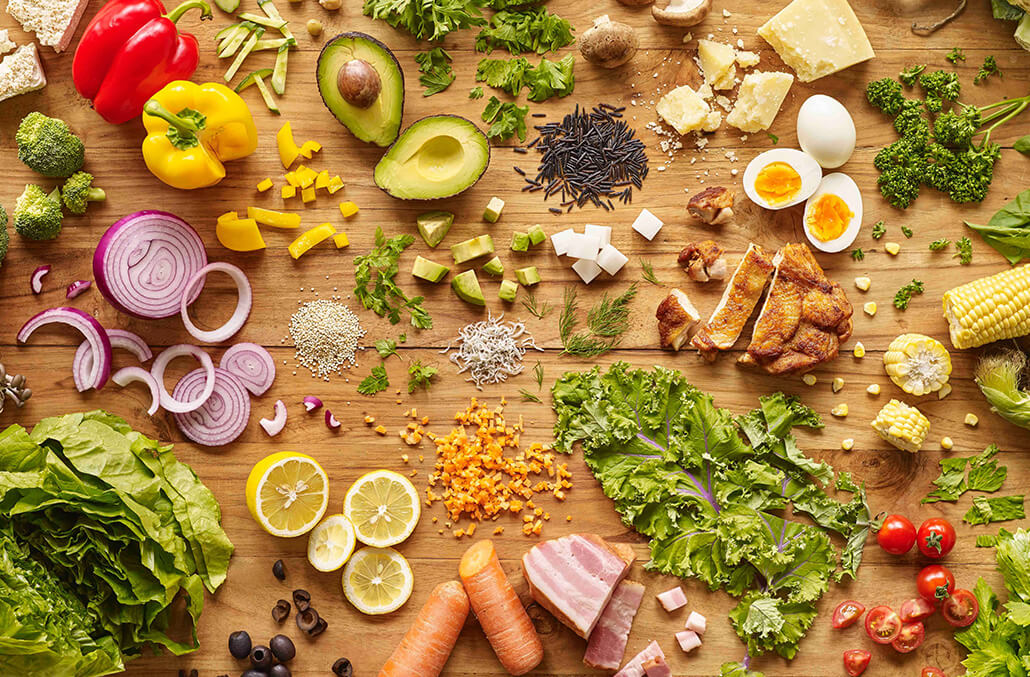What Parents Need to Know About Heavy Metals & Baby Food
Reading time:
Reading time:

You’re getting ready to start solids with your baby – what an exciting time! You’re trying to research what the best baby foods are and how to start with feeding. Suddenly your screen is flooded with articles talking about heavy metals in baby food. What?! Why are there metals in baby food? Are any of these safe? Let’s dive into what heavy metals in baby food really mean and how to navigate this challenge.
Toxic metal exposure may be harmful to the developing brain. Studies have linked heavy metal exposure with difficulties in cognition, behavior, and learning. Is food to blame? Studies show that heavy metals are present in many baby foods however levels are quite low and play a small role in the overall risk of heavy metal exposure. With that being said, total exposure should be minimized as much as possible. See later on in this article for practical tips to minimize heavy metal exposure.
Does this mean companies are adding metals to our baby’s food?! No, that is not the case. Heavy metals found in baby food – such as arsenic, cadmium, lead, and mercury – are present in the foods we eat. These metals are present in the soil that foods are grown in and are therefore absorbed into the foods. Metals may also get into food due to the way foods are manufactured, packaged and transported.
Certain foods have been found to be higher in heavy metals than others. These include:
Several studies over the years including the 2021 report from the US House Committee on Oversight and Reform have identified the presence of specific heavy metals – cadmium, lead, mercury, and arsenic – in baby food. Four baby food companies tested and found the presence of these heavy metals. With that being said, three additional companies were asked to provide sample information but did not. This is a small sample size but does show that these metals are present in the baby food supply. It’s important to note that organic baby foods showed similar levels of heavy metals compared to conventional.
Another study performed by Healthy Babies; Bright Futures found that homemade baby foods actually compared similarly to heavy metal content compared to store-bought.
If there’s no significant difference between store-bought and homemade baby food in terms of heavy metal contamination, what’s a parent to do?
While the thought of heavy metals being in your child’s food can certainly be scary, there are ways to minimize the risk. Check out these practical tips below to support minimizing the risk of heavy metal contamination in your food and home.
Heavy metals are present around us – they may be in our homes, water supply, and food – even baby food. We know that high amounts of heavy metals may be harmful to the developing brain. With that being said, this is not a time for panic. Now is a time to create strategic approaches to feeding our children and minimizing environmental exposures as much as possible. Offer a wide range of foods and snacks along with water from a safe supply to support your child.
Have questions about your child’s risk? Speak with your pediatrician for individualized guidance on navigating heavy metal exposure for your child and family.
Author: Nicole Lattanzio, RDN, CSP, IBCLC @infant.nutritionist
Owner, The Baby Dietitian PLLC

Let’s Make It Official
Get the latest news on parenting tips, food play hacks, promotions and giveaways!
Subscribe Now